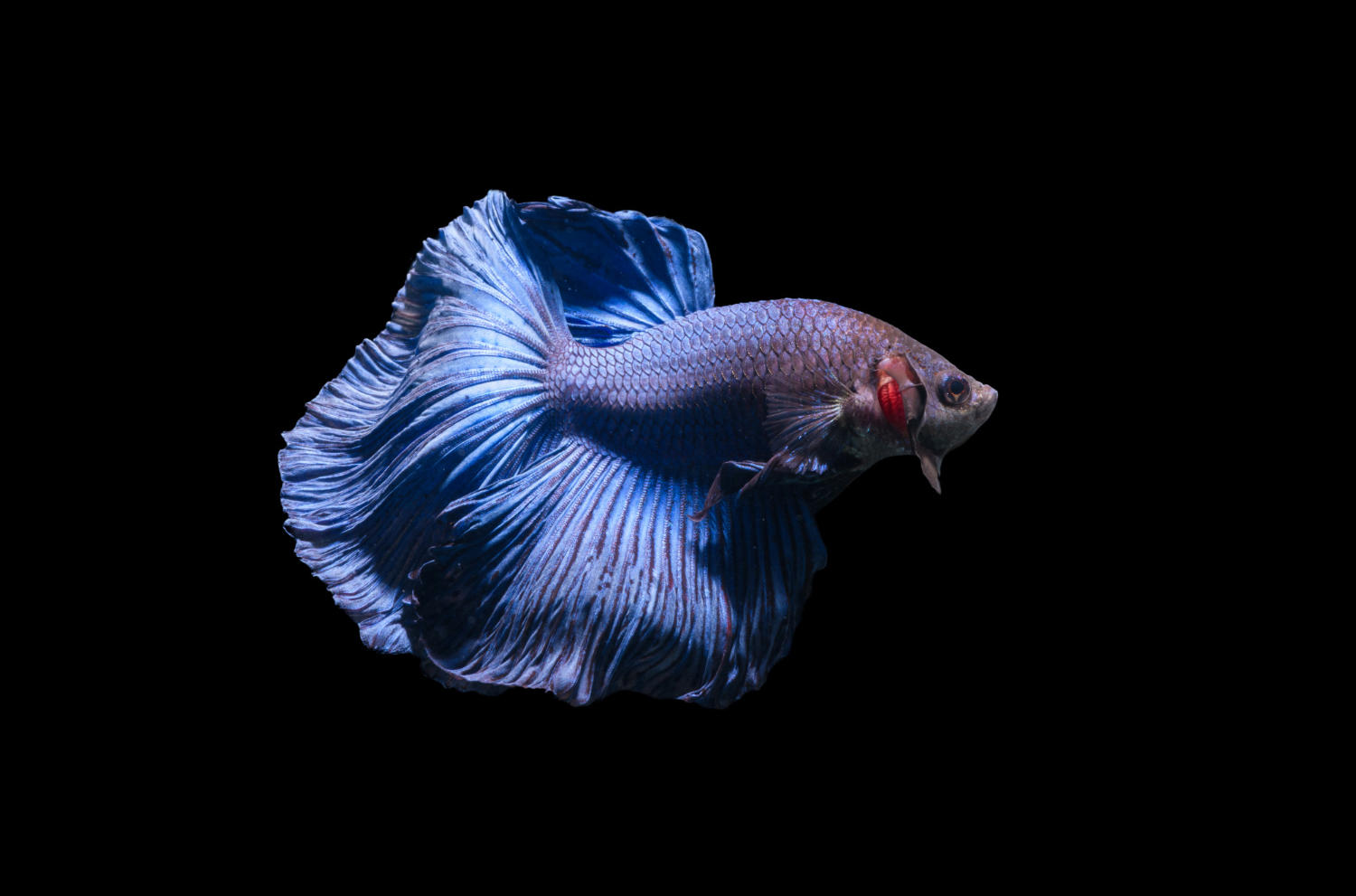
Are you thinking of getting a fish as a pet? Do you already have a fish, but you feel like you’re not taking the best care of them? If so, then understanding the science of fish care is key to keeping your fish healthy and happy. In this blog post, we’ll dive into the world of fish care and discuss the different kinds of water fish require to thrive. We’ll explore the science behind why fish need certain types of water and how to create the right environment for your fish to thrive. Let’s get started!
Fish are fascinating creatures that have managed to survive in the wild for millions of years, and they have been kept as pets for centuries. But, while there is a lot of knowledge out there about different species of fish and their needs, there is still a lot to learn about how they live and what kind of water they need to thrive. Understanding the science of fish care is essential for any aquarist, as it can help you create the perfect environment for your fish to live in and ensure their health and wellbeing.
Before we delve into the science of fish care, we should first look at the importance of clean water. Fish live in an aquatic environment, so it’s essential that their water is clean and free from contaminants. If the water is not kept clean and well-maintained, then it can lead to a range of issues for your fish, such as illness or even death. To ensure the water is kept clean, regular water changes should be carried out and, if necessary, a water conditioner should be used to reduce any ammonia, nitrite, and nitrate levels present in the tank.
Once the water is clean and suitable for fish, there are a few other factors to consider in order to maintain a healthy aquarium. These include the temperature, pH, and hardness of the water, as well as the amount of light and the type of substrate used at the bottom of the tank.
Temperature is one of the most important factors to consider when setting up an aquarium, as different species have different temperature requirements. Most tropical fish prefer temperatures between 72 and 82 degrees Fahrenheit, while coldwater species are usually happy in temperatures between 65 and 75 degrees Fahrenheit. It’s important to maintain a consistent temperature in the tank, as fluctuations can cause stress to fish and lead to disease.
The pH of the water is also important, as it can affect the health of your fish. Most tropical fish prefer a pH between 6.8 and 7.4, while coldwater species prefer a slightly lower pH of around 6.0 to 7.0. If the pH of the aquarium is too high or too low, then it can cause stress to the fish, which can lead to health issues.
Hardness is also an important factor in fish care, as it can affect the health of your fish. Hardness is measured in terms of the amount of calcium and magnesium present in the water, and this should be maintained at a level that is suitable for the species of fish in the tank. Too much hardness can cause health issues in fish, whereas too little can lead to issues such as poor growth and fertility problems.
Light is also an important factor in fish care, as it can affect the behaviour of your fish and the health of the aquarium. Some species of fish require a lot of light, while others prefer a low light environment. The type of light used also affects the aquarium, as some species of fish may be sensitive to certain types of light.
Finally, the substrate in the aquarium is important for both aesthetic and practical reasons. Different types of substrate can affect the conditions in the tank, as well as the behaviour of the fish. For example, a sandy substrate may be best for certain species of fish, as it is softer and less abrasive than gravel.
In conclusion, understanding the science of fish care is essential for any aquarist. It is important to ensure the water is clean and well-maintained, as well as understanding the temperature, pH, hardness, light, and substrate required for the species of fish in the tank. With the right knowledge and understanding, you can create the perfect environment for your fish to thrive and ensure their health and wellbeing.
Fish are resilient creatures, but they still need the right environment to thrive. Knowing the science of fish care is the key to providing your fish with the best possible environment they can have. By understanding the type of water they need, the kind of filtration they require, and how to cycle their water, you can ensure that your fish remain healthy and happy. With the right care and knowledge, you can give your fish the best life possible.



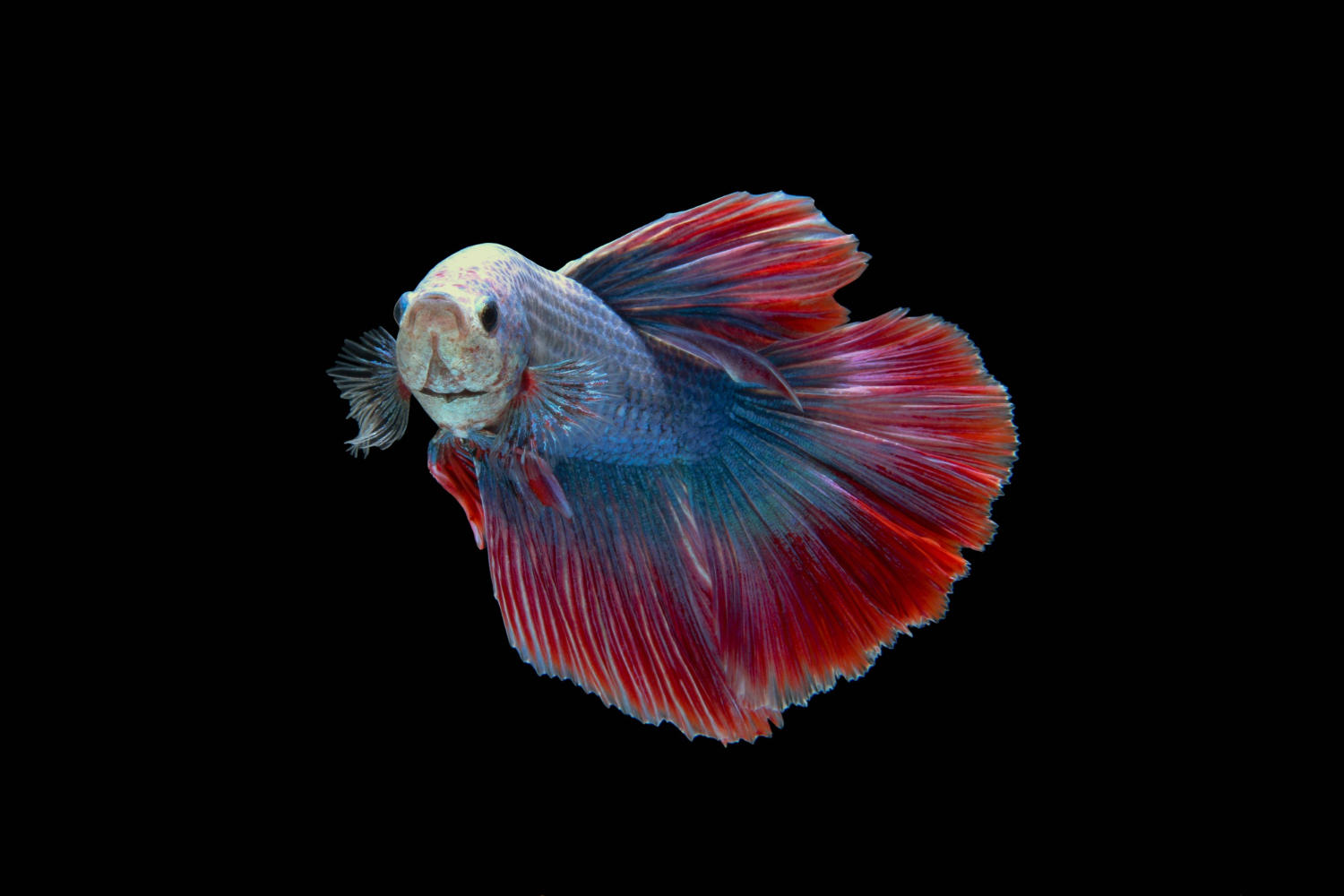
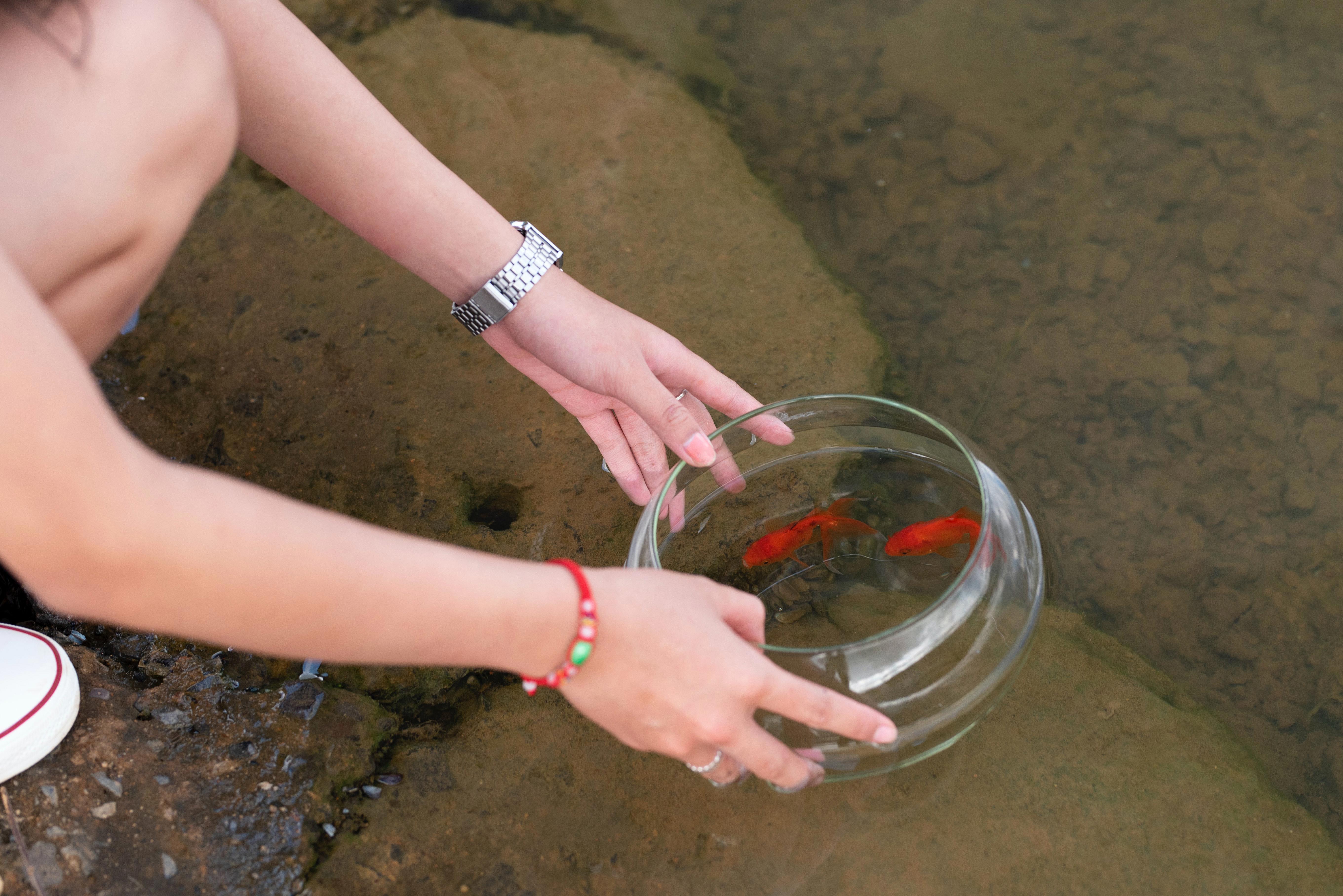
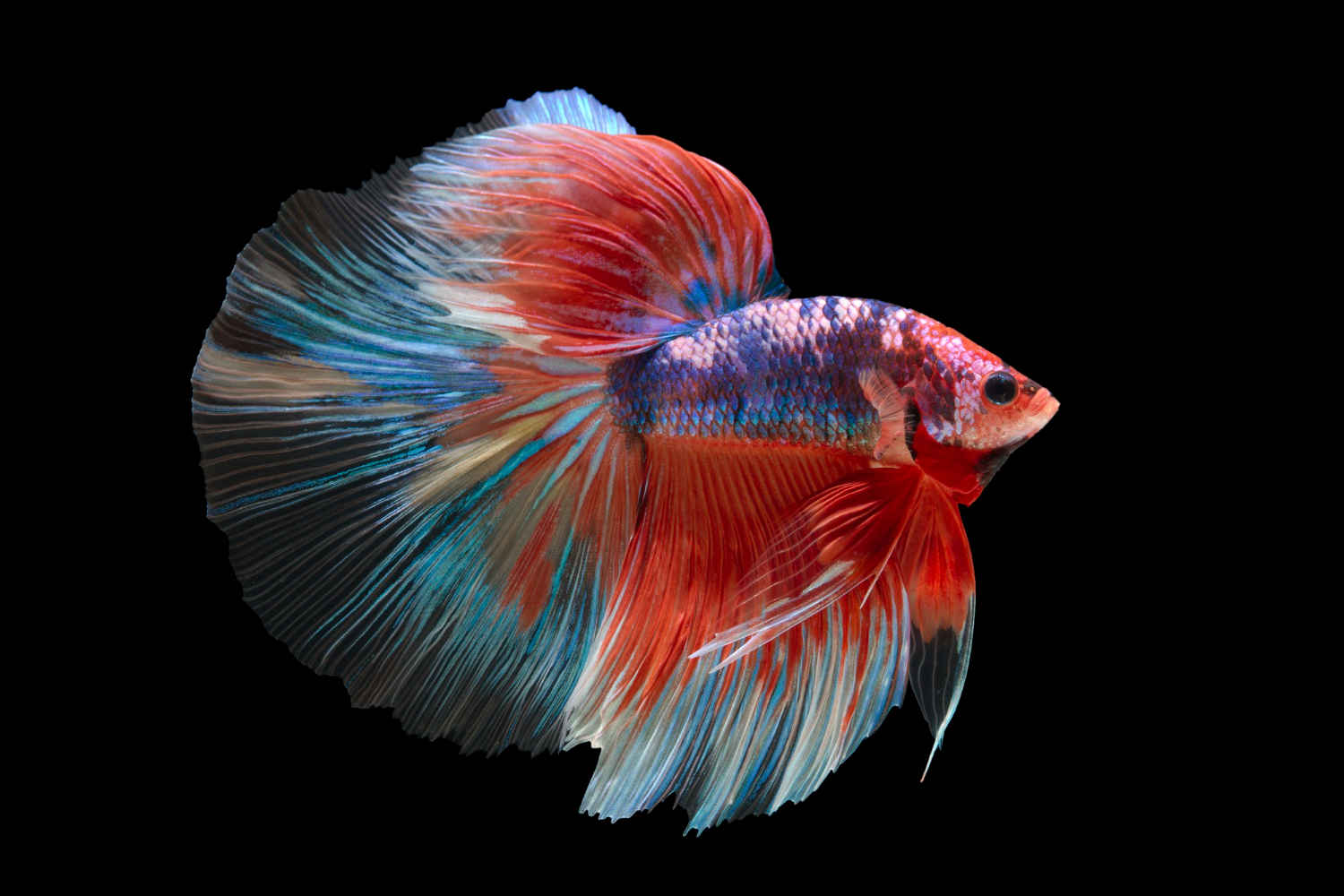
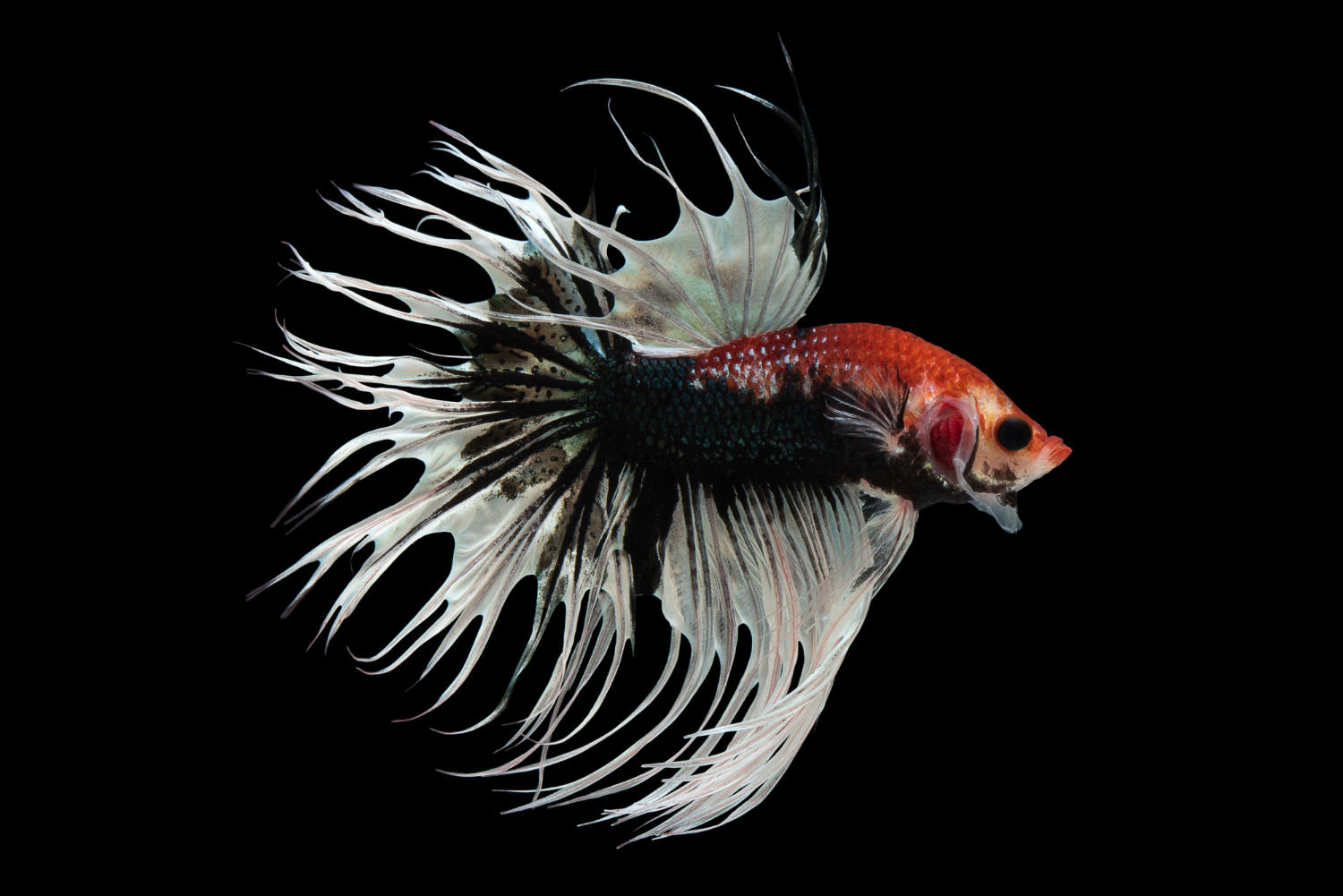
%20-%20Copy.jpg)